Recipients of the 2002 Puggy Hunter Aboriginal Health Scholarships are announced
Current topicThe first recipients of the Puggy Hunter Scholarships for Indigenous students in medicine and nursing were recently announced by Federal Health Minister Kay Patterson in Melbourne.
Speaking at the 5th Wonca World Rural Health Conference (1 – 3 May 2002), Senator Patterson announced that the first round of scholarships had been awarded to five medicine and three nursing students. She described the scholarships as:
‘… a lasting tribute to Dr Hunter and will go part of the way to addressing the under-representation of Aboriginal and Torres Strait Islander people in health professions. The recipients of this award have demonstrated both a commitment to leadership in the health sector and a desire to work in the Aboriginal and Torres Strait Islander communities. These skills are essential for developing a generation of skilled Aboriginal and Torres Strait Islander health professionals to continue the work that Dr Hunter tirelessly dedicated his life to.’
National Aboriginal Community Controlled Health Organisation (NACCHO) Chairperson, Ms Pat Anderson, also highlighted the importance of addressing the shortage of Aboriginal health professionals:
‘The scholarships are a testimony to the late Dr Hunter’s life-long campaign for Aboriginal health. As the [former] NACCHO Chairperson, he was passionately committed to achieving change by empowering Aboriginal people through increasing Aboriginal community control of their health services… The advantages of a strong Aboriginal workforce are obvious. Aboriginal workers in the health profession are more likely to return and provide health care in their home communities. They don’t face the kind of cross-cultural problems of many outsiders. And they can serve as health advocates for their communities, making sure that governments deliver effective and appropriate health policies… They also are important role models for young people in their community. The existence of qualified and successful professionals can be a much needed boost to the ambitions and hopes of young Aboriginal people.’
Funding of $1.23 million over five academic years (2002 – 2006) will provide at least 44 undergraduate scholarships to train Aboriginal health workers and Indigenous students in medicine and nursing. This will include:
- 10 undergraduate Indigenous medical scholarships;
- 10 undergraduate Indigenous nursing health scholarships;
- 12 Aboriginal health worker scholarships for completion of Vocational Educational Training sector courses; and
- 12 Advanced Tertiary Diploma level Aboriginal health worker training scholarships or articulation into other tertiary level health courses.
The funding will provide students with $10,000 per annum over the term of their enrolment. In addition, it is proposed to provide up to $5 000 per annum to each student as a disadvantage supplement.
Details of the successful applicants for 2002
Nursing students:
- Emily Hunter, 3rd year student in 2002 at Notre Dame University, Broome Campus;
- David B Baker, 3rd year student in 2002 at Australian Catholic University, Brisbane;
- Inawantji Scales, 1st year student in 2002 at the Northern Territory University in Darwin, and the first girl from the Pitjantjatjara Lands to complete year 12.
Medical students:
- Kiarna Adams, 3rd year student in 2002 at University of WA;
- Sarah-Jane Gibbons, 3rd year student in 2002 at Newcastle University;
- Bradley Murphy, 3rd year student in 2002 at James Cook University;
- Tanya Keane, 4th year student in 2002 at Newcastle University;
- Olivia O’Donoghue, 5th year student in 2002 at Adelaide University.
For further information:
OATSIH website: http://www.health.gov.au/internet/wcms/publishing.nsf/Content/health-oatsih-welco.htm
NACCHO website: http://www.naccho.org.au/Scholorships.html



